The protests in Turkey continue apace.
The country is witnessing its biggest demonstrations in over a decade after a rival of President Recep Tayyip Erdogan was detained last week.
A court on Sunday formally arrested Mayor Ekrem Imamoglu, who was detained last week, and sent him to jail pending trial on corruption charges.
Imamoglu’s detention has sparked resulted in massive protests across the country.
Then, on Monday, authorities in Turkey arrested several journalists.
This came as the opposition sought a boycott of the “pro-Erdogan” media which has taken little notice of the demonstrations.
Let’s take a closer look at how Turkey is trying to quell protests.
Arresting members of media, jailing protesters
A media union said Turkish authorities arrested several journalists at their homes in a crackdown Monday.
The Disk-Basin-Is media workers’ union said at least eight reporters and photojournalists were detained in what it called an “attack on press freedoms and the people’s right to learn the truth.”
It demanded their immediate release.
A total of 1,133 people have been detained since the mayor was arrested at his home, Interior Minister Ali Yerlikaya said. As many as 123 police officers were injured in the protests, he said, adding that materials such as acid, firebombs and knives were seized.
“Some circles have been exploiting the right to assemble and demonstrate, attempting to disrupt public order, incite street unrest and attack our police,” Yerlikaya said on social media.
The minister claimed some of the detained were identified as having ties to groups listed as terrorist organisations and others had criminal records.
Hundreds of thousands of people have come out for the largely peaceful protests across Turkey in support of Imamoglu.
As per BBC, Imamoglu’s party has confirmed that he will be its nominee in elections slated for 2028.
Imamoglu is currently leading Erdogan in some opinion polls.
There has been some violence, with police deploying water cannons, tear gas and pepper spray and firing plastic pellets at protesters in Istanbul, Ankara and Izmir. Some protesters hurled stones, fireworks and other objects at riot police.
Civil disobedience has been dramatically curbed in Turkey since nationwide Gezi Park protests against Erdogan’s government in 2013, which prompted a violent state crackdown.
“We are the fruits of the trees of the Gezis,” Irmak, a 22-year-old university student, told the BBC. “We are here to protect democracy.”
“I don’t know what he did 20 years ago, but nowadays, he is just a dictator,” she added. “We don’t feel safe as protesters in Turkey “but we’re still here.”
“There is nothing left to lose,” another young woman told the outlet.
“Imamoglu has become Erdogan’s … nightmare,” Mehmet Karatas, an opposition supporter said. “We will make Ekrem Imamoglu president.”
Erdogan on attack, media falls in line
Erdogan, who has ruled Turkey for over two decades, has gone on the attack.
Turkey’s president has called the opposition ‘evil’ and accused them of disturbing public order.
He claimed the opposition is “responsible for the injury of our police officers in the vandals’ attacks, the breaking of our shopkeepers’ windows, and the damage to public property”.
“Instead of responding to allegations of corruption, robbery, bribery and extortion, they have made the most vile and unlawful statements in our political history for [the last] five days,” he added.
“Stop disturbing the peace of our citizens with provocations” and warned them against “playing with the people’s nerves any longer”.
“I believe that if [the opposition] has any respect left, they will be ashamed of the evil they have done to the country.”
He has vowed to hold them responsible for the protests.
“I have made this call several times before, and today I am repeating it: Stop disturbing our citizens’ peace with provocations. If you have the courage, account for the corruption, theft, bribes taken, and irregularities committed,” Erdogan said.
Erdogan said, “Of course, there will be political accountability for these actions in parliament and legal accountability in court.”
As per BBC, Erdogan, who founded the Islamist-rooted Justice and Development Party (AKP), has served as both prime minster and president.
The pro-Erdogan media has fallen in line.
The pro-government outlets have trained kept their attention on the corruption and terror allegations facing Imamoglu.
Like Erdogan, they too have accused demonstrators of “terrorising the streets” and “disturbing the peace of our citizens.”
Pro-government Hurriyet newspaper editor-in-chief Ahmet Hakan, referring to the 2028 elections, said, “There is no way the storm will last for three years.”
Mainstream broadcasters and newspapers have become strongly supportive of Erdogan’s government after years of state legal and financial pressure, corporate acquisitions and self-censorship.
While the big channels have largely avoided showing protests, the few independent and opposition stations have had almost non-stop coverage.
The broadcasting watchdog RTUK said in a post on social media platform X on Saturday that stations airing live coverage of protests could have their licences revoked for “biased” broadcasts.
Some channels then cut away from coverage of police clashes with the protesters.
Separately, X banned access to hundreds of accounts last week after a request from Turkish authorities but said it objected to the court rulings.
Reporters Without Borders, a free speech advocate, ranked Turkey 158th of 180 countries in its 2024 press freedom index.
It said some 90 per cent of media was under government influence, prompting Turks to turn more to opposition or independent news outlets.
Opposition calls for boycott
Ozgur Ozel, the chairman of the Republican People’s Party (CHP), Turkey’s main opposition party, on Sunday urged people to boycott entities he said were profiting from them while supporting the government.
“We are taking note of every television channel that ignores this moment,” Ozel, standing atop a bus before hundreds of thousands of supporters in Istanbul, said.
Ozel also accused advertisers on the channels of catering to opposition voters while “serving (Erdogan’s) palace”, and vowed to soon name them alongside the targeted media owners.
“This is not just about not watching their channels - whoever buys their products is complicit,” he said.
Ozel urged supporters to use their purchasing power to bring some businesses “to their knees.”
“If they run a restaurant chain but refuse to see this crowd, they won’t sell food here. Either they acknowledge us, or they sink,” he said.
“If you weren’t here today, if you hadn’t rushed here since the first day, if you had yielded to tear gas and barricades, if you had gotten scared and remained at home, then today a caretaker appointed by Tayyip Erdogan would be residing here in this building,” Ozel, pointing at city hall, said.
‘Where I am does not matter’
In a message on social media, Imamoglu urged people to rally outside city hall and other locations for a sixth night on Monday. He also called on youths to avoid clashes and asked police to treat demonstrators with kindness.
“I’m working hard, I will work even harder. Where I am does not matter,” he said.
The mayor’s jailing is widely regarded as a political move to remove a major challenger to Erdogan from the next presidential race, scheduled for 2028. Government officials reject the accusations and insist that Turkey’s courts operate independently.
Imamoglu was jailed on suspicion of running a criminal organization, accepting bribes, extortion, illegally recording personal data and bid-rigging — accusations he has denied. A request for him to be imprisoned on terror-related charges was rejected although he still faces prosecution.
The Interior Ministry later said Imamoglu had been suspended from duty as a “temporary measure.” The municipality previously appointed an acting mayor from its governing council.
Before his detention, Imamoglu had already faced multiple criminal cases that could result in prison sentences and a political ban. He was also appealing a 2022 conviction for insulting members of Turkey’s Supreme Electoral Council.
Earlier in the week, a university nullified his diploma, citing alleged irregularities in his transfer from a private university in northern Cyprus some 30 years ago. The decision effectively bars him from running for president, since the position requires candidates to be university graduates. Imamoglu had vowed to challenge the decision.
Imamoglu was elected mayor of Turkey’s largest city in March 2019, in a major blow to Erdogan and the president’s Justice and Development Party, which had controlled Istanbul for a quarter-century. Erdogan’s party pushed to void the municipal election results in the city of 16 million, alleging irregularities.
The challenge resulted in a repeat of the election a few months later, which Imamoglu also won.
The mayor retained his seat following local elections last year, during which the CHP made significant gains against Erdogan’s governing party.
With inputs from agencies


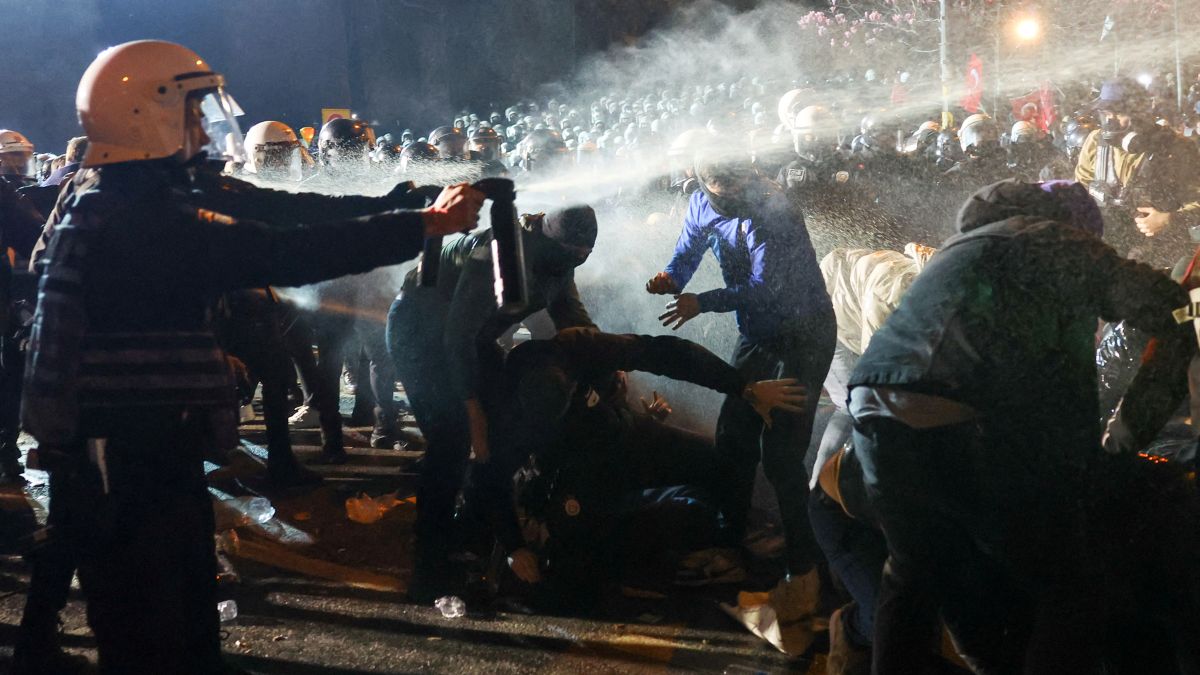)
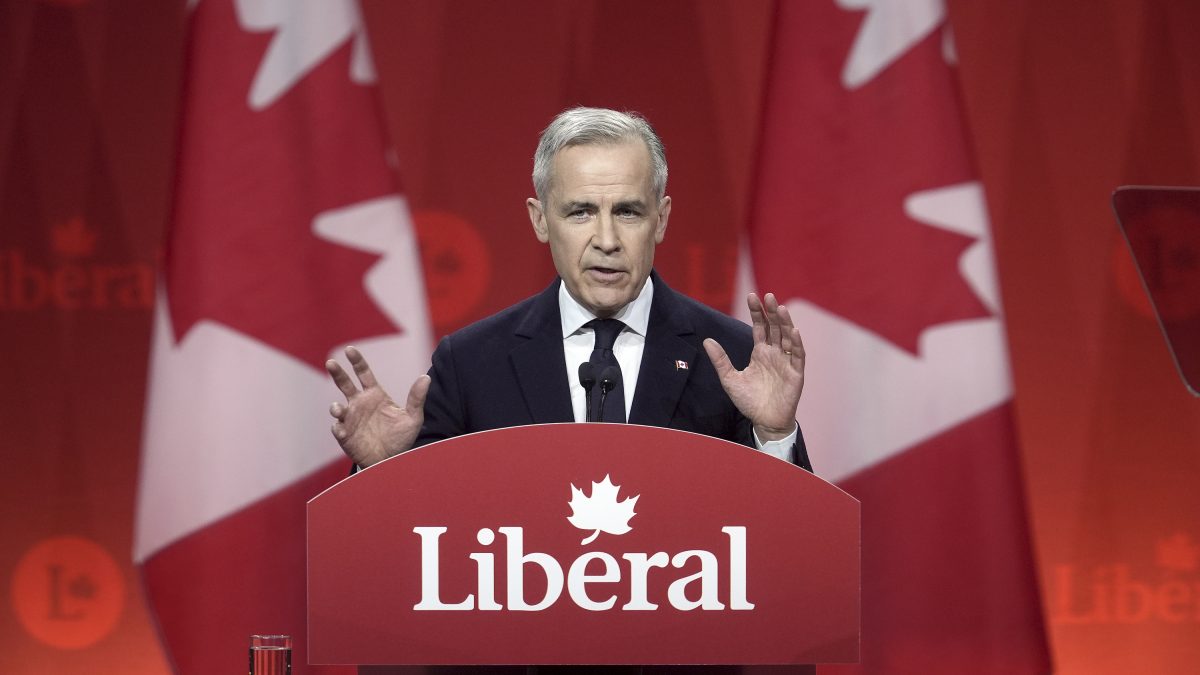)
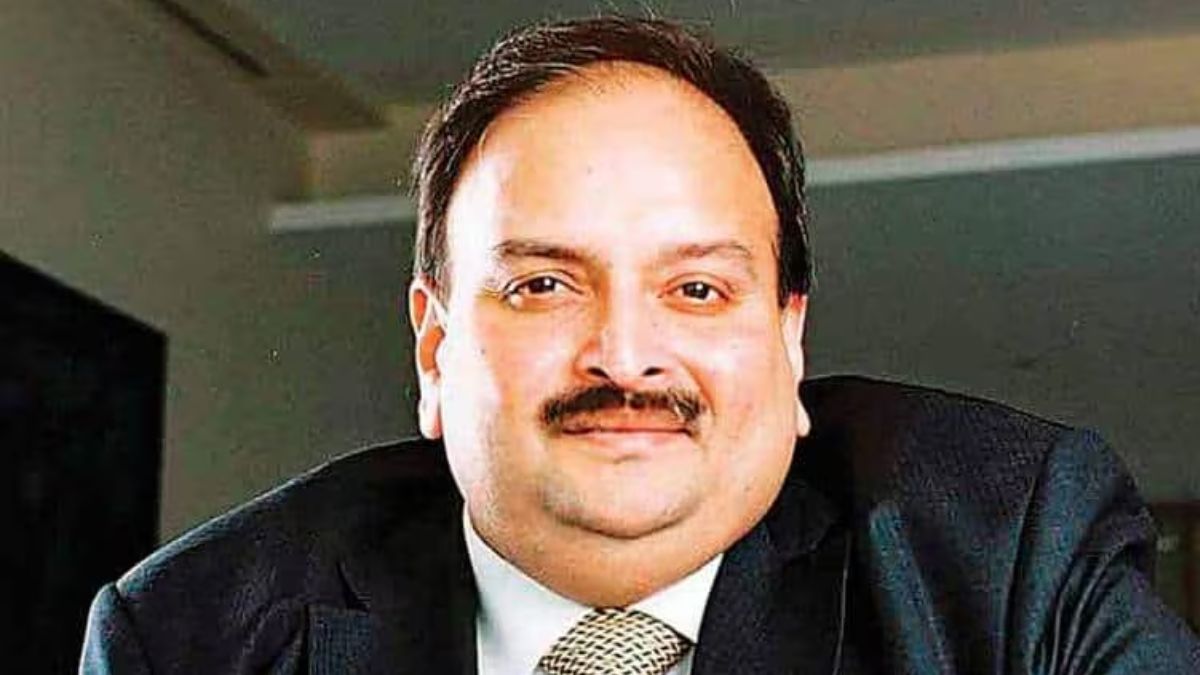)
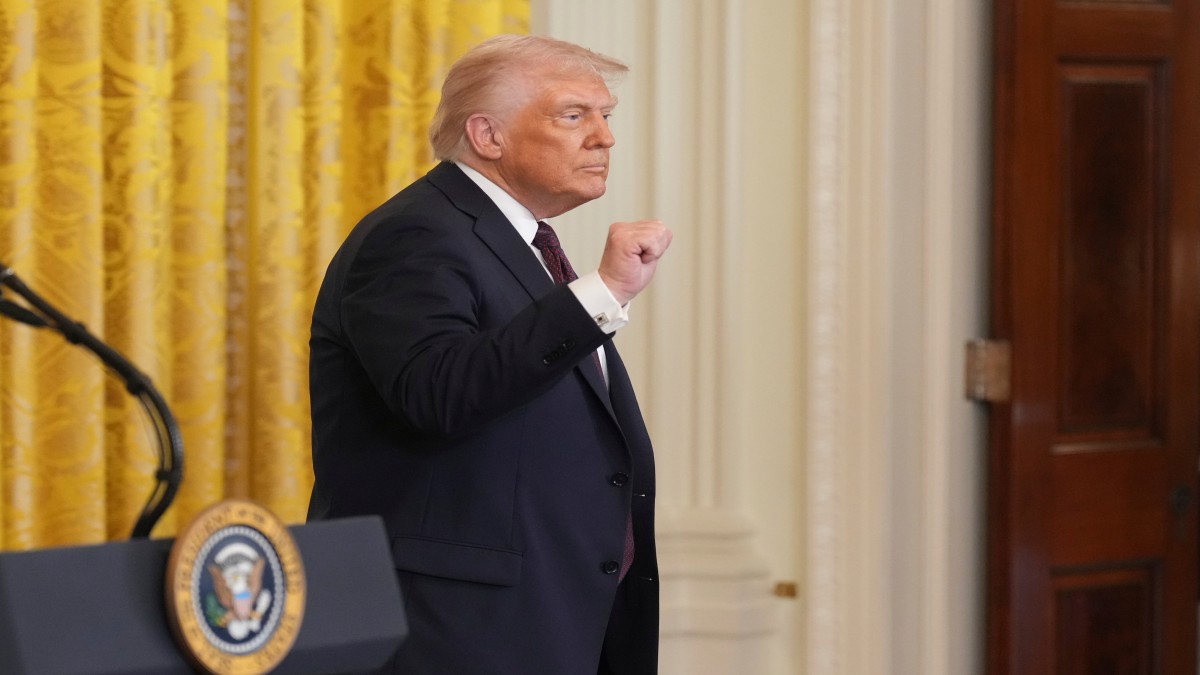)
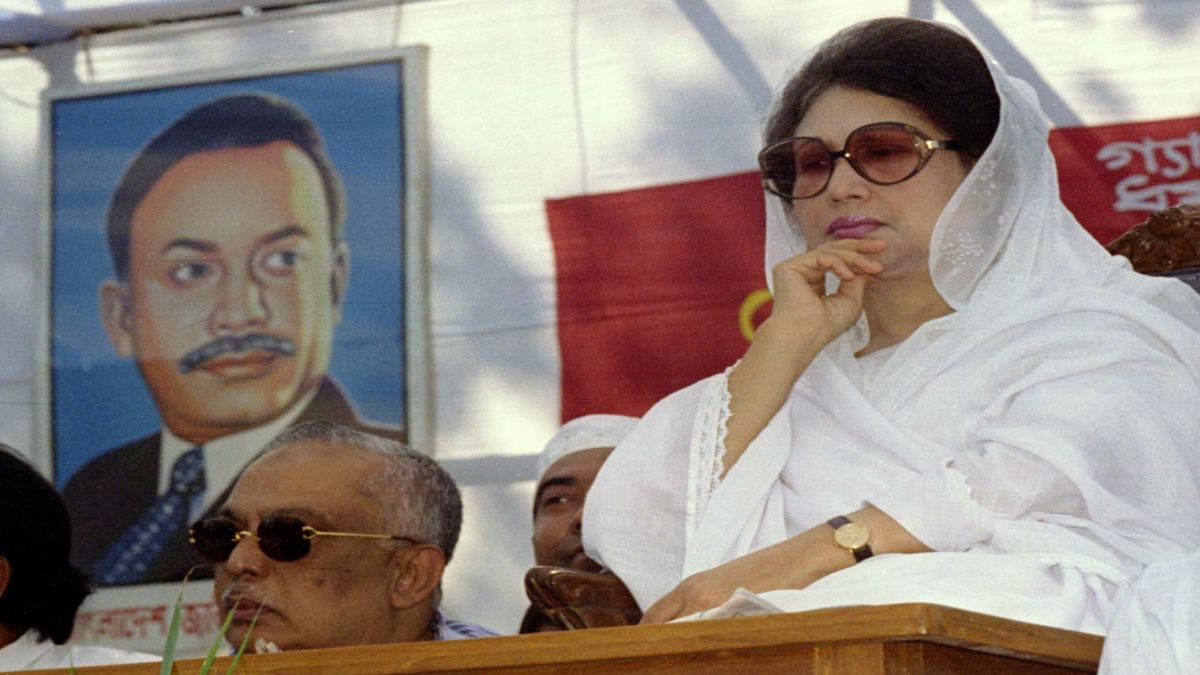)
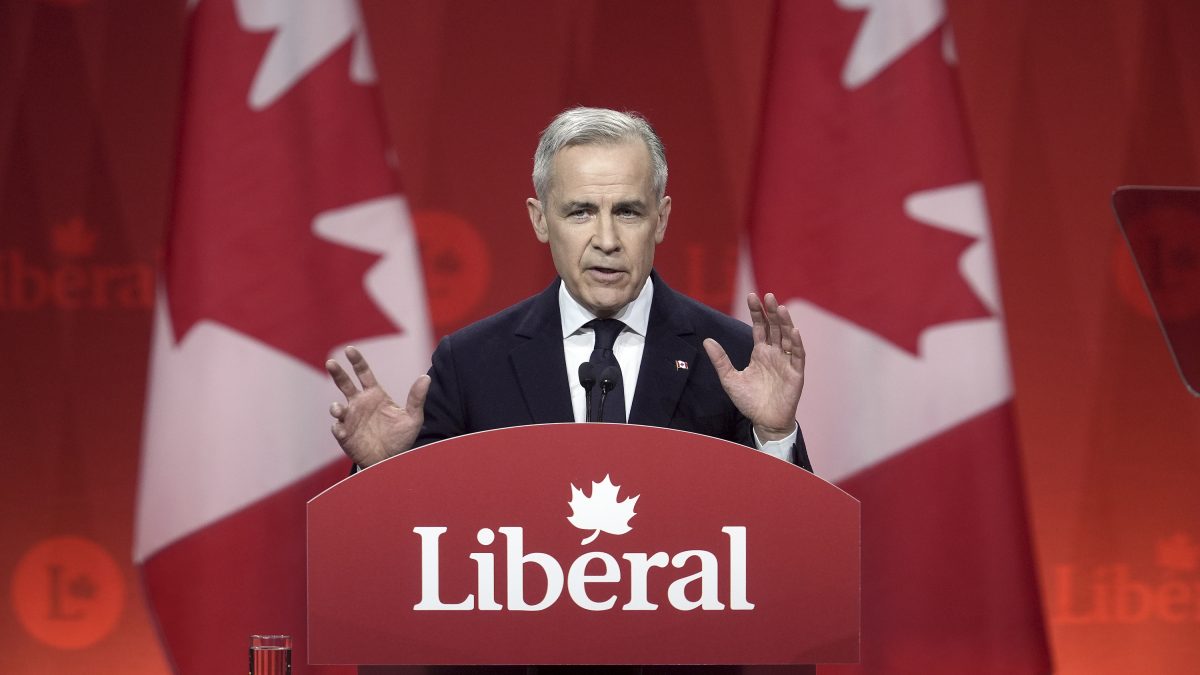)
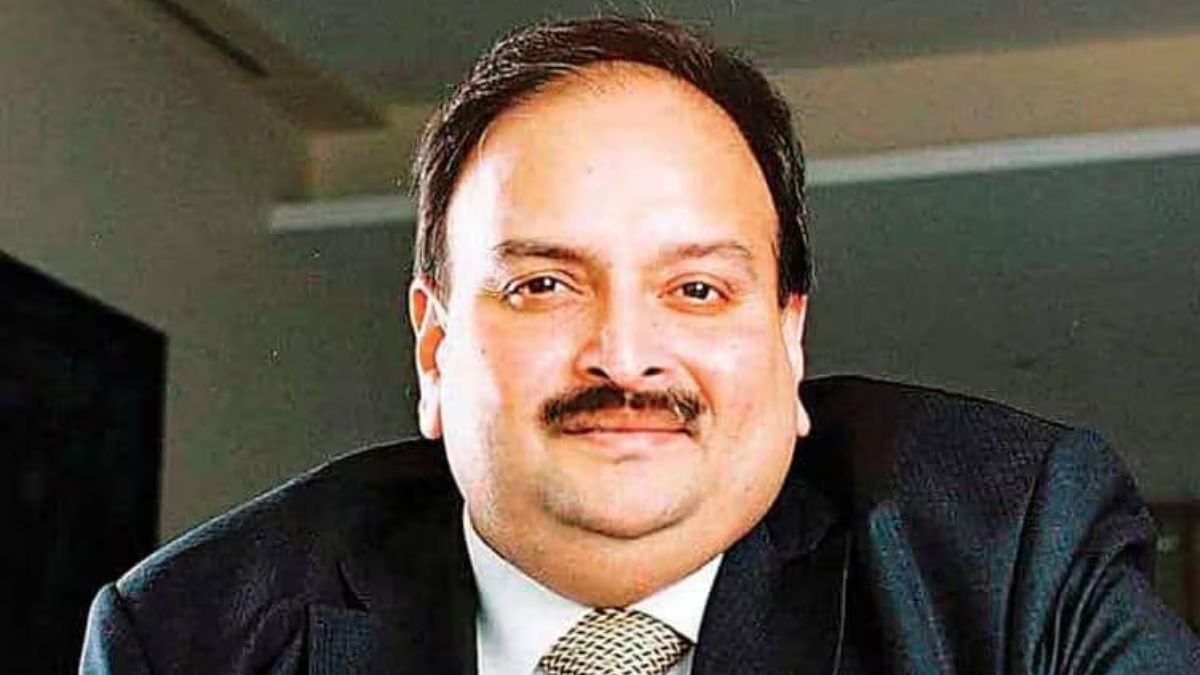)
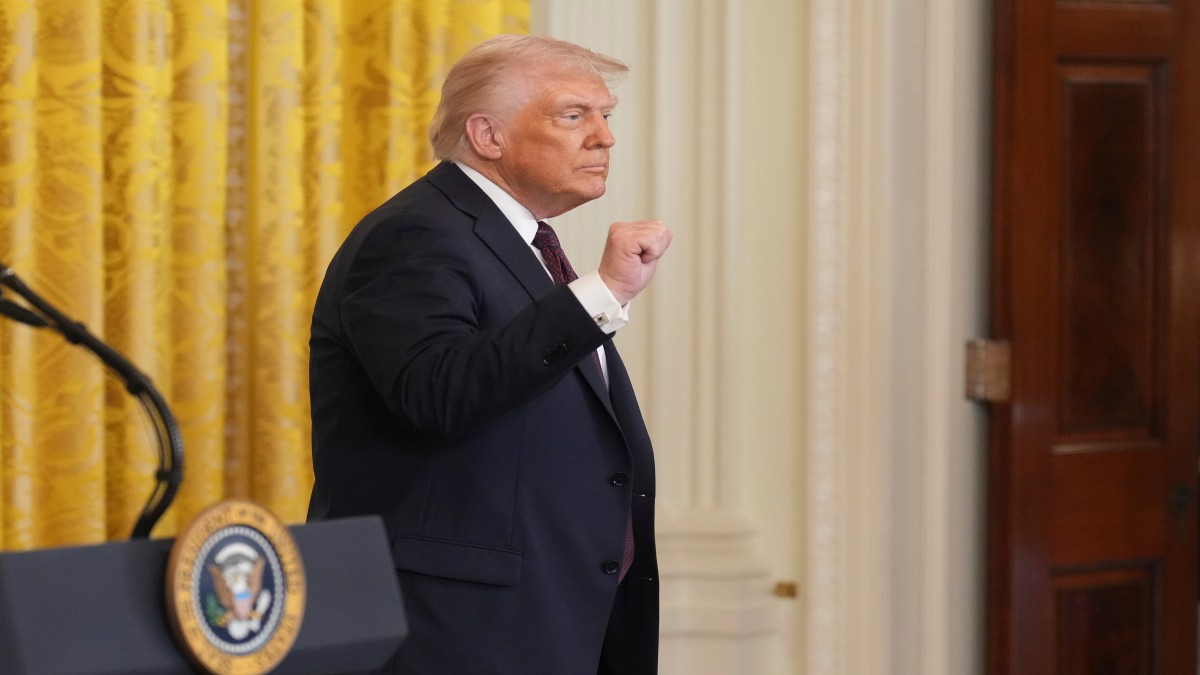)
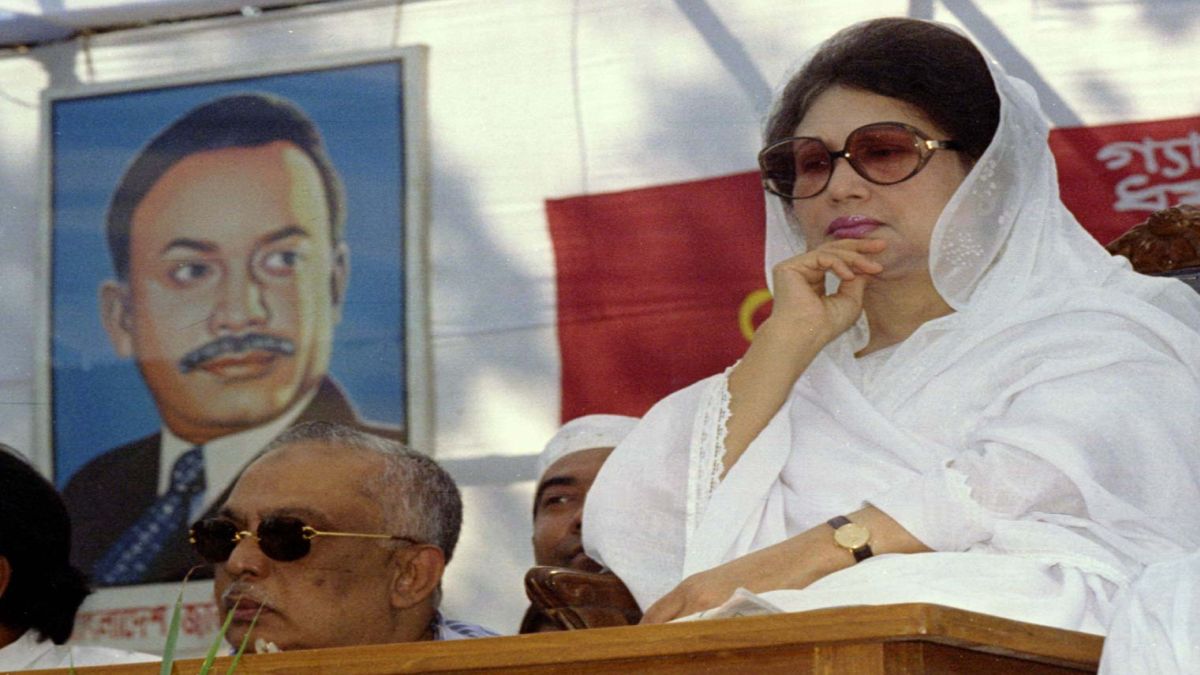)



